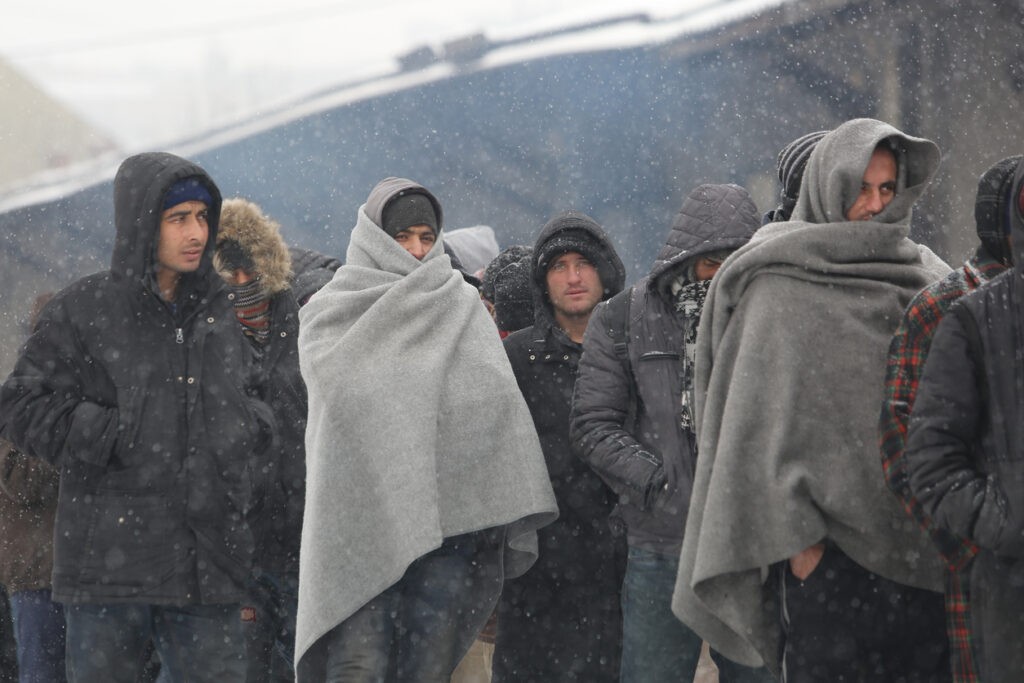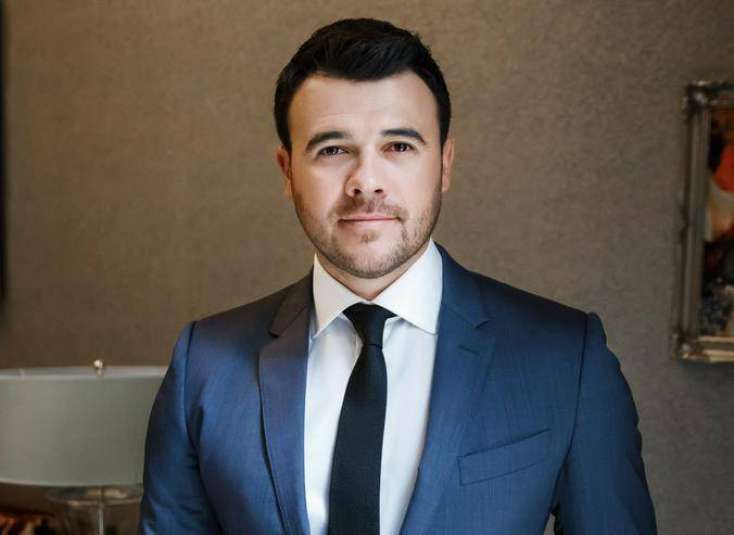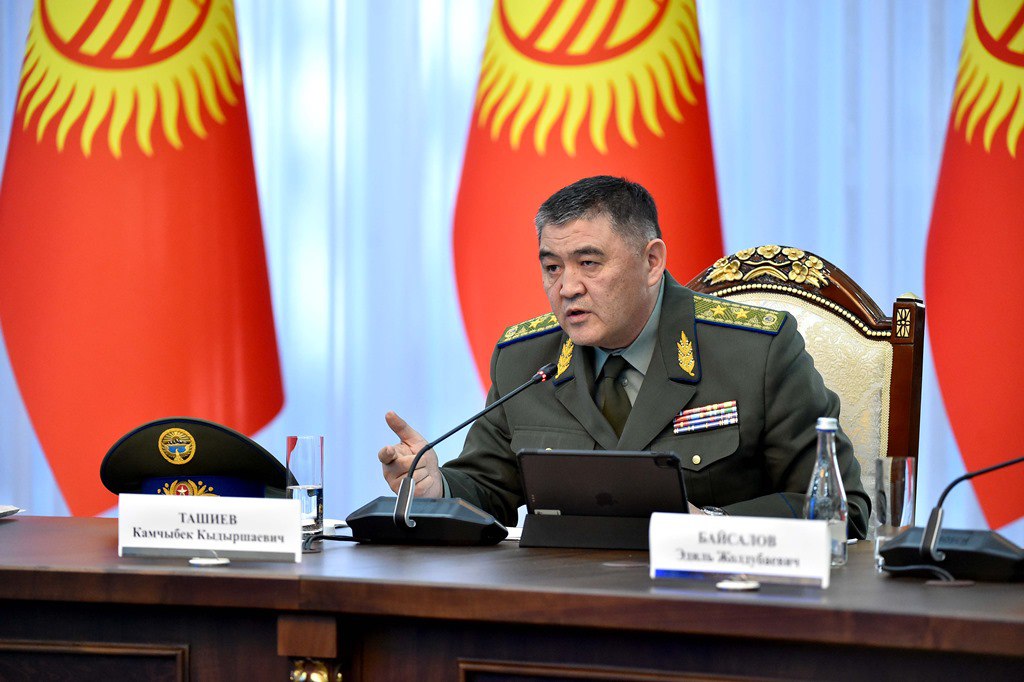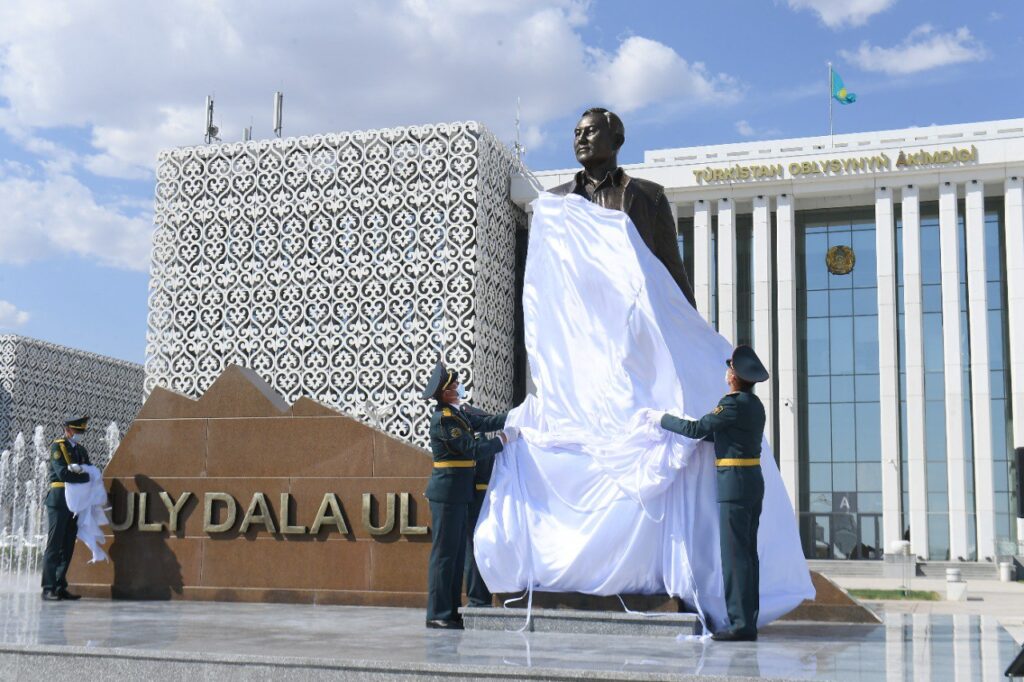Afghan Migration Committee Urges Tajikistan to Halt Refugee Deportations
Mosawer Bahadori, head of Afghanistan’s Migration Committee (Aryana) in Tajikistan, has raised concern over the deportation of Afghan migrants from Tajikistan, urging the authorities to safeguard refugee rights and adhere to international obligations. Concerns Over Deportations In a recent statement, Bahadori expressed condolences to the Afghan families affected by the deportations and emphasized the committee’s commitment to supporting Afghan migrants. He noted that the deportation process, ongoing for over a week, has caused widespread concern among the refugee population. Advocacy for Refugee Rights The Afghan Migration Committee, which has operated in Tajikistan for more than 27 years, serves as an intermediary between Afghan refugees and local authorities. Functioning under the legislative framework of Tajikistan’s Ministry of Justice, the committee addresses migrant concerns and facilitates dialogue with state institutions. Bahadori urged Tajikistan to honor its international obligations, particularly by acceding to United Nations conventions that prohibit deporting refugees to countries where they face threats to their lives. Many Afghan refugees in Tajikistan fled Taliban persecution and have been granted asylum or refugee status. Proposals for Alternative Solutions Bahadori proposed alternative approaches to deportation, including: Negotiating with international organizations or third countries to facilitate the transfer of Afghan refugees. Simplifying the relocation process to make resettlement more accessible. Introducing fines or imprisonment as penalties for offenses, rather than deporting individuals to unsafe conditions. The Afghan Migration Committee also assured Tajik authorities that Afghan refugees would continue to respect local laws and customs. The committee pledged to cooperate with Tajik security forces to address repeated illegal activities by individuals through lawful measures. Call for Diplomatic Solutions Bahadori concluded his statement by advocating diplomatic solutions to protect vulnerable Afghan migrants while maintaining strong relations between Afghanistan and Tajikistan. He emphasized the need for collaborative efforts to uphold human rights and ensure the safety of refugees.






